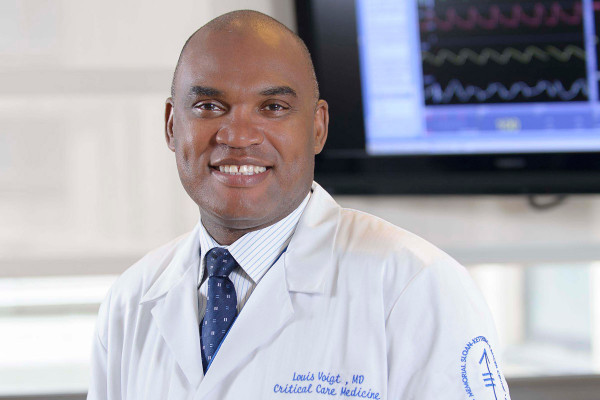
During the plenary session at the American Association for Cancer Research’s (AACR) virtual annual meeting I on Tuesday, April 28, Memorial Sloan Kettering (MSK) expert Louis P. Voigt, MD, Intensivist, spoke about disparities with cancer and COVID-19 patients. Three key takeaways from his presentation are:
Issues of racial and ethnic disparities in healthcare are not novel. The Institute of Medicine (IOM), the Center for Disease Control (CDC) and oncologists alike, have all spent a significant amount of time exploring these issues and developing strategies to address them. Just as we have seen with cancer patients, we are seeing a similar racial breakdown in COVID-19 patients. According to NYCHealth data, in New York City, the American epicenter of the outbreak, black New Yorkers are dying at twice the rate of their white peers; Latinos in the city are also succumbing to the virus at a much higher rate than white or Asian New Yorkers. The same trends can be seen in infection and hospitalization rates.

More data is needed to determine impact. It is too soon to understand the overall impact that COVID-19 has on cancer patients. Research is still needed in key areas, including whether prior immunotherapy serves as a predisposing factor for COVID-19, the impact of calibrated or reduced-dose chemotherapy as mitigating factors, as well as other patient characteristics such as socioeconomic status, race and ethnicity or limited English proficiency. A shift in care must also be elevated, including updated visitor policies and increased social distancing during the pandemic.
A more robust safety net is needed for vulnerable patients. A pandemic creates a perfect condition for deviation from standard care. This is because healthcare systems become overwhelmed and decisions can sometimes be driven by fear and emotions, rather than evolving facts. This environment can have a major impact on the most vulnerable patients. Dr. Voigt shared that, “we need to create a more robust safety net to shield [these vulnerable patients] from the effects of cancer and COVID-19 because these disparities and other social determinants of health put them in a much higher category of vulnerability.”
